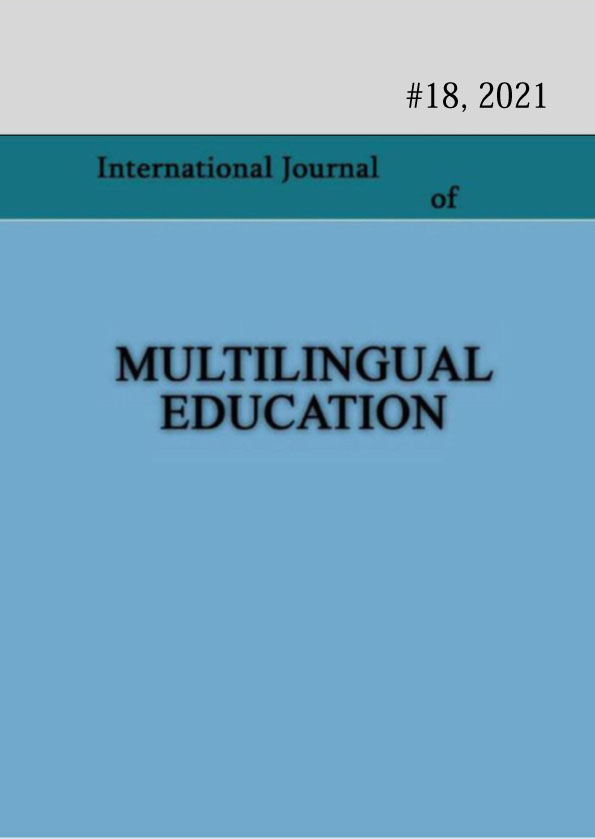Linguistic Consciousness and Foreign Language Learning in Multilingual Education
Keywords:
linguistic consciousness, foreign language teaching (FLT), multilingualism, social group, communicative competence.Abstract
The article deals with the issues where linguistic consciousness as a sociolinguistic phenomenon is successfully revealed in FLT, namely, in problematic questions of language learning. It covers the description of linguistic consciousness and some aspects of its influence on the process of development of students’ communicative competence. It is emphasized that the philosophy of lifelong learning has become a widespread phenomenon in modern society. Learning a foreign language can be considered an important means of forming linguistic consciousness and the ability to conduct intercultural dialogues. The correlation of two languages and cultures (Ukrainian and foreign ones) helps to outline their national specific features, which contribute to a deeper understanding of both the foreign and the native language and culture. Any education system is open and fairly stable. As for the methods and learning tools, they can vary depending on the applicable learning concept. The article gives a detailed description of the development of linguistic consciousness of Ukrainian students from different social groups while learning English. So linguistic consciousness is a reflection of the actual language sphere contributes to the development of both communicative and multilingual competences. The main aim of the use of modern educational technologies is to increase the level of the communicative competence and linguistic consciousness in students, their educational achievements, and to improve the quality of language education.
Published
How to Cite
Issue
Section
License

This work is licensed under a Creative Commons Attribution-ShareAlike 4.0 International License.

